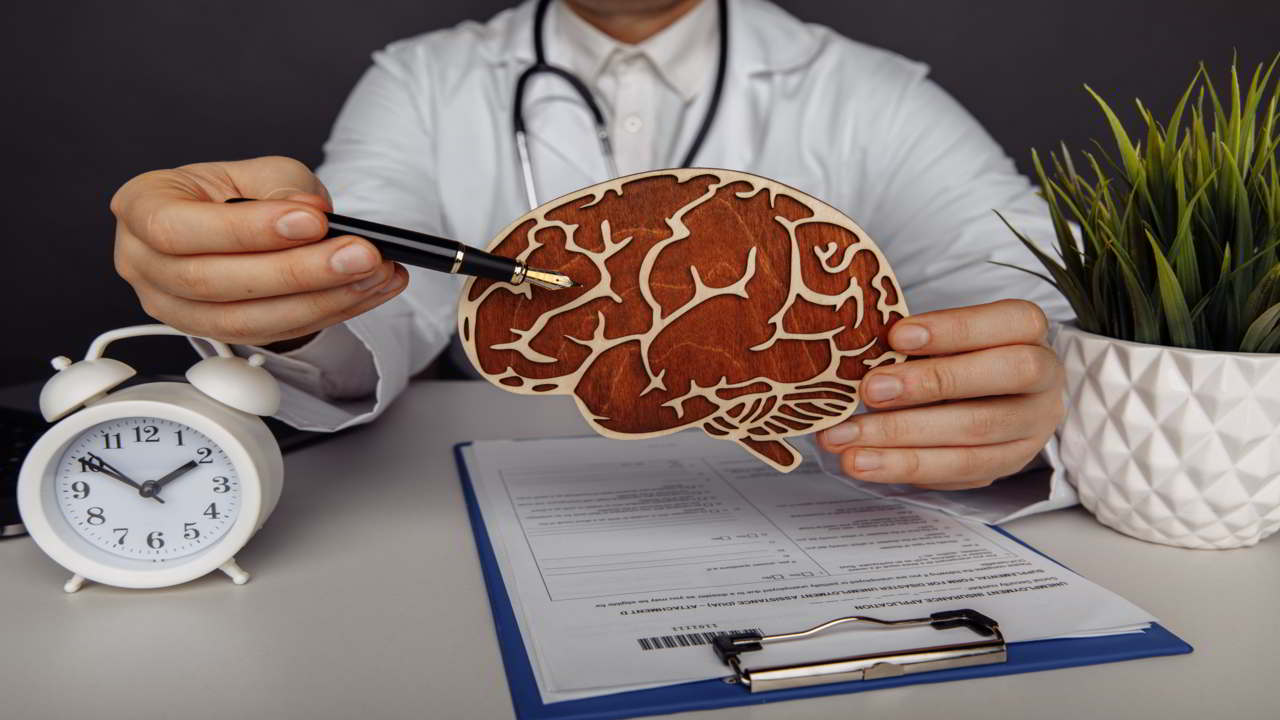Pediatric neurology focuses on diagnosing and treating neurological disorders in children, from newborns to adolescents. These doctors address conditions like epilepsy, autism, and developmental delays. Early diagnosis is important as children’s brains are still developing, so making an early intervention is essential for better outcomes.
Pediatric neurologists also discuss with families to provide a comprehensive approach, making sure that the child’s physical and emotional needs are met.
Common neurological disorders in children
Children can experience many different types of neurological issues, including:
- Epilepsy: repetitive seizures caused by abnormal brain activity.
- Cerebral Palsy: motor challenges due to brain damage.
- ADHD and Autism: behavioral and developmental disorders.
- Migraines: severe headaches that can impact daily activities.
Understanding these conditions helps families recognize symptoms early and seek the appropriate care to improve their quality of life.
The diagnostic process
Diagnosing neurological disorders involves a multi-step process. Pediatric neurologists rely on a detailed review of a child’s medical history, by gathering insights from parents and going through past health records to identify patterns or issues.
They also conduct neurological exams to assess the child’s reflexes, balance, coordination, and muscle strength, which provide insights into the child’s condition. In many cases, diagnostic tools such as MRIs, CT scans, and EEGs are used to visualize brain activity and detect abnormalities, allowing for a better understanding of the underlying neurological issues.
The diagnostic phase ensures that treatment plans are made for the child’s condition to get better and more effective results.
Early signs of neurological disorders in children
Identifying neurological issues early can significantly improve outcomes. Parents and caregivers should watch for warning signs such as:
- Developmental delays in speech, motor skills, or cognitive abilities.
- Unusual movements like repetitive twitching or tremors.
- Difficulty focusing, hyperactivity, or extreme lethargy.
- Behavioral changes such as sudden irritability or social withdrawal.
Recognizing these signs early allows for a timely consultation with a pediatric neurologist. Early intervention can prevent complications, ensuring the child receives the care they need during the developmental stages.
Treatment Approaches
Pediatric neurologists use various treatment methods:
- Medications for managing seizures, ADHD, or migraines.
- Speech, occupational, and physical therapy address developmental and motor challenges.
- Surgical interventions for complex cases like brain tumors or hydrocephalus.
- Lifestyle adjustments such as incorporating balanced diets, structured routines, and stress management into daily routines.
This comprehensive care ensures the child receives an all-around treatment.
The Role of Technology in Diagnosis and Treatment
Technology plays a significant role in pediatric neurology. New imaging techniques like 3D MRIs allow neurologists to detect minute brain structures and any deviations. Wearable devices to monitor epilepsy and other conditions in real-time, offering valuable and continuous insights so that the doctor can analyze these results and try to find the triggers and the appropriate solution.
Lastly, new advancements like robotic-assisted therapy are changing how children recover from neurological disorders. These innovations allow for much more accurate diagnoses and personalized care.
Mumbai has become a leading hub for pediatric neurology due to its infrastructure and experienced professionals. Hospitals in Mumbai are equipped with modern diagnostic tools to cater especially for young patients. When seeking the best pediatric neurologist in Mumbai, parents can trust their reliable approach to neurological care.
Supporting families through the process
Caring for a child with a neurological disorder can be challenging for the entire family. Pediatric neurologists often go beyond just treating the child as they also provide parents with resources and guidance to help them better understand the diagnosis and all available treatment options. Emotional support plays a major role too as families navigate this process.
Pediatric neurologists play a significant role in supporting children with neurological conditions including their families. They take the time to understand each child’s needs, creating personalized treatment plans that are more than just managing symptoms. With the help of new tools and therapies, they work to give children the best chance at a fulfilling life.
References:
- https://www.aap.org/en/community/aap-sections/neurology/?srsltid=AfmBOoqnJLh-j3rR7iiTGEKHgEFaeQwQ7oipW2w0PlMR4rHGMGLyCLHn
- https://www.healthychildren.org/English/family-life/health-management/pediatric-specialists/Pages/What-is-a-Child-Neurologist.aspx
- https://www.childneurologyfoundation.org/providers-or-researchers/the-field-of-child-neurology/
- https://my.clevelandclinic.org/pediatrics/services/neurology-care
- https://www.ninds.nih.gov/health-information/disorders/cerebral-palsy
- https://www.nimh.nih.gov/health/publications/children-and-mental-health
- https://epilepsyfoundation.org.au/understanding-epilepsy/epilepsy-and-seizure-management-tools/seizure-monitors-devices/
- https://onphospitals.com/pediatric-neurology/





























